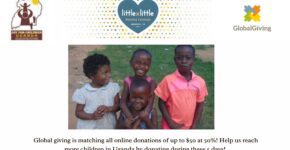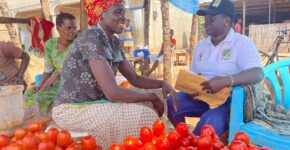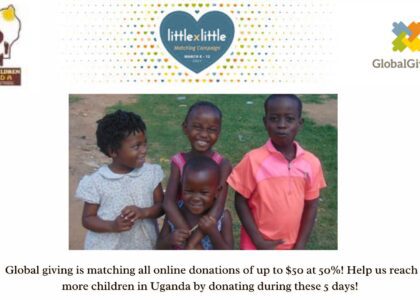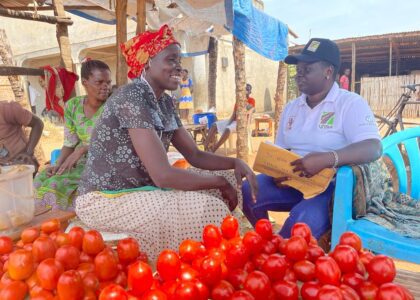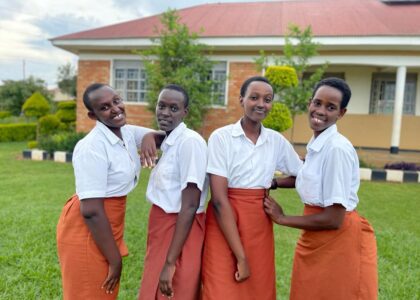The covid-19 pandemic has affected us in ways we could not imagine, but at the same time it has provided timely exposure about the persistent gaps between action and on-ground realities.
“Periods don’t stop for pandemics”, so they say. When the government of Uganda first registered the first case of corona virus infection in March 2020, Government put prevention measures to curb the spread of the virus among them was the temporary closure of schools. Schools play a central role in providing safe spaces for Girls and passing on knowledge about menstrual hygiene management to young Girls, on and off lockdowns have increased the inaccessibility.
Schools are also information centers where relevant information about puberty, sexual reproductive and health rights is conveyed, temporary closure of schools implies that a large number of students have missed out on vital information about menstrual Hygiene Management.
The United Nations International Children’s Emergency Fund estimates that 53% and almost a quarter of the World’s countries have partially opened Schools,196 million students in 27 countries (13% globally) have schools that were fully closed as of February 02/2021,the latest data regarding closure of Schools.
It is not only adolescent Girls, who have been negatively impacted by the covid-19 pandemic but Women as well, the lack of information about menstrual hygiene management coupled with inadequate funds to purchase sanitary products. During Lockdown with travel restrictions and physical distancing measures in place, our partners and Individuals working on menstrual management had to pause normal operations. Before the pandemic and issuance of lockdown restrictions, we were reaching out to Schools training teachers and students on making re-usable sanitary towels, distributing menstrual products and creating awareness about the importance of menstrual hygiene management.
Adolescent Girls from the slum communities have also been challenged by the inaccessibility to clean and safe “areas of convenience” during Menstruation since there is community sharing of facilities. Water is also not readily available and hand washing points are few if not any in some of the communities.
As Joy for Children-Uganda, we have made progress on recognizing the need for Menstrual Hygiene Management challenges. Over the past months we have made recommendations to the Government of Uganda to effectively manage access to menstrual products, increase awareness and skills on the making of re-usable sanitary pads, community outreaches and ensuring Water, Sanitation and Hygiene(WASH) facilities that are clean in isolation centers.
Menstrual Hygiene Management must be pivotal for our recovery plans, having a healthy period is not only a fundamental right but also promotes Gender equality and increases women’s participation in decision making.


